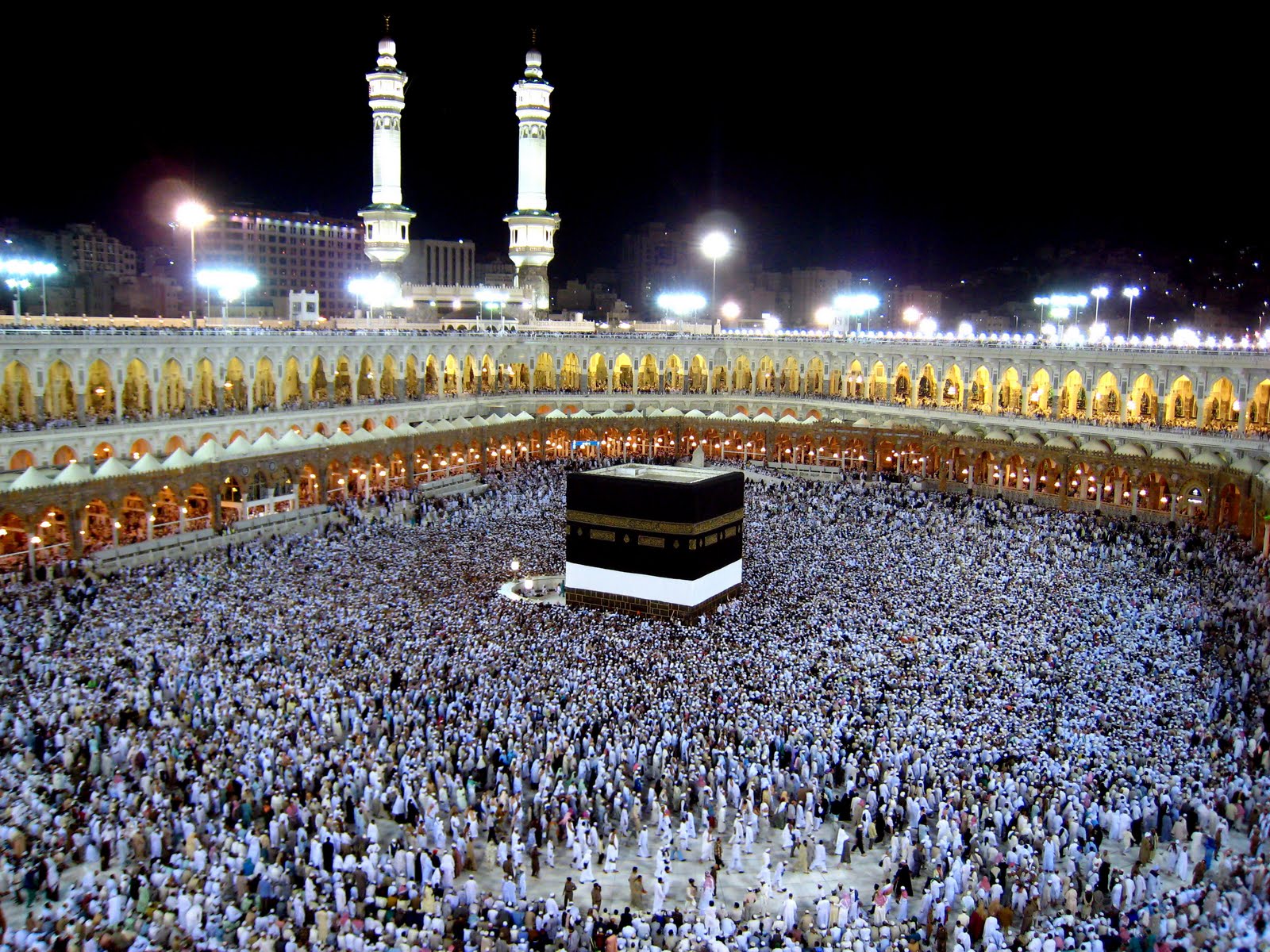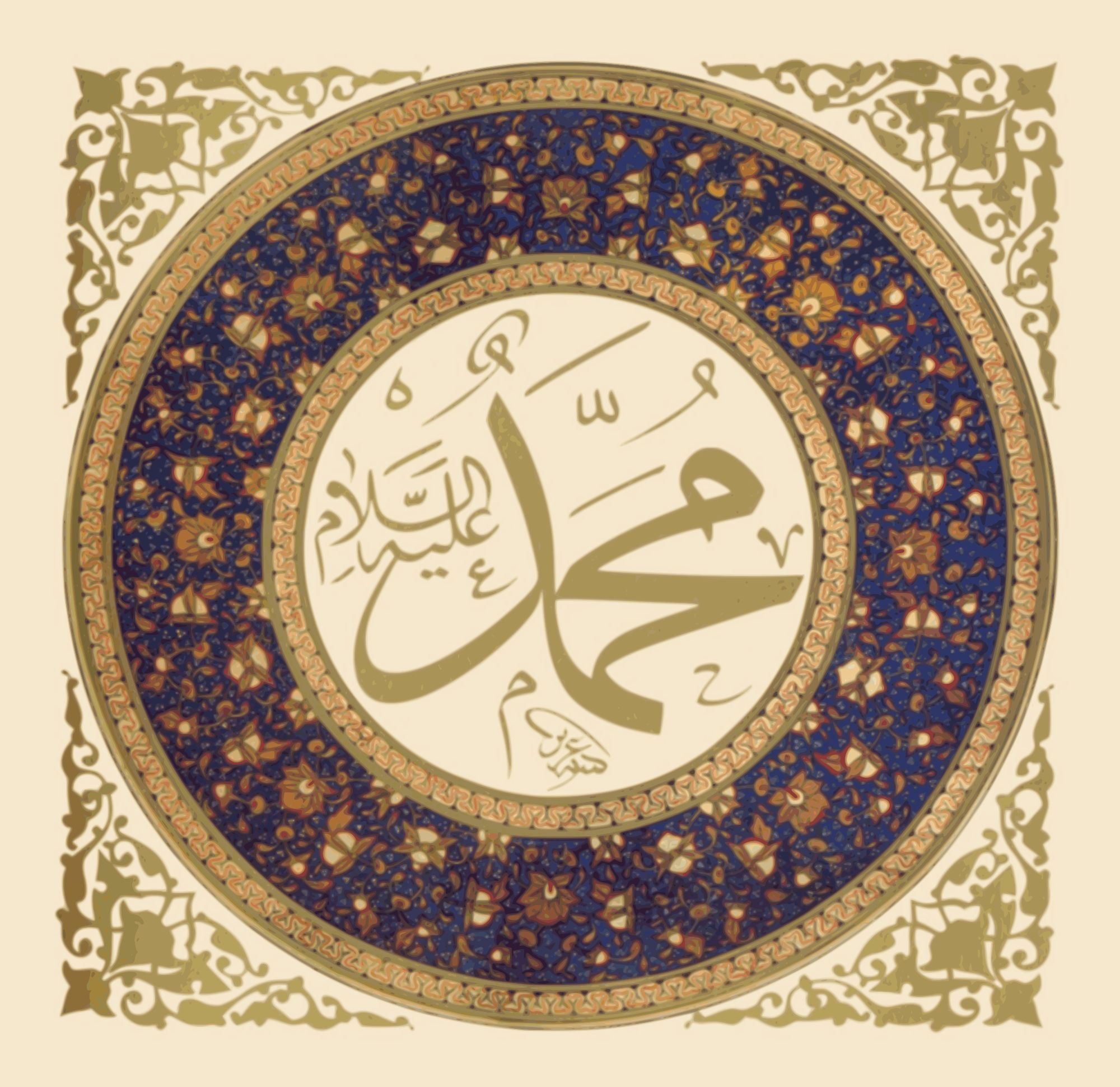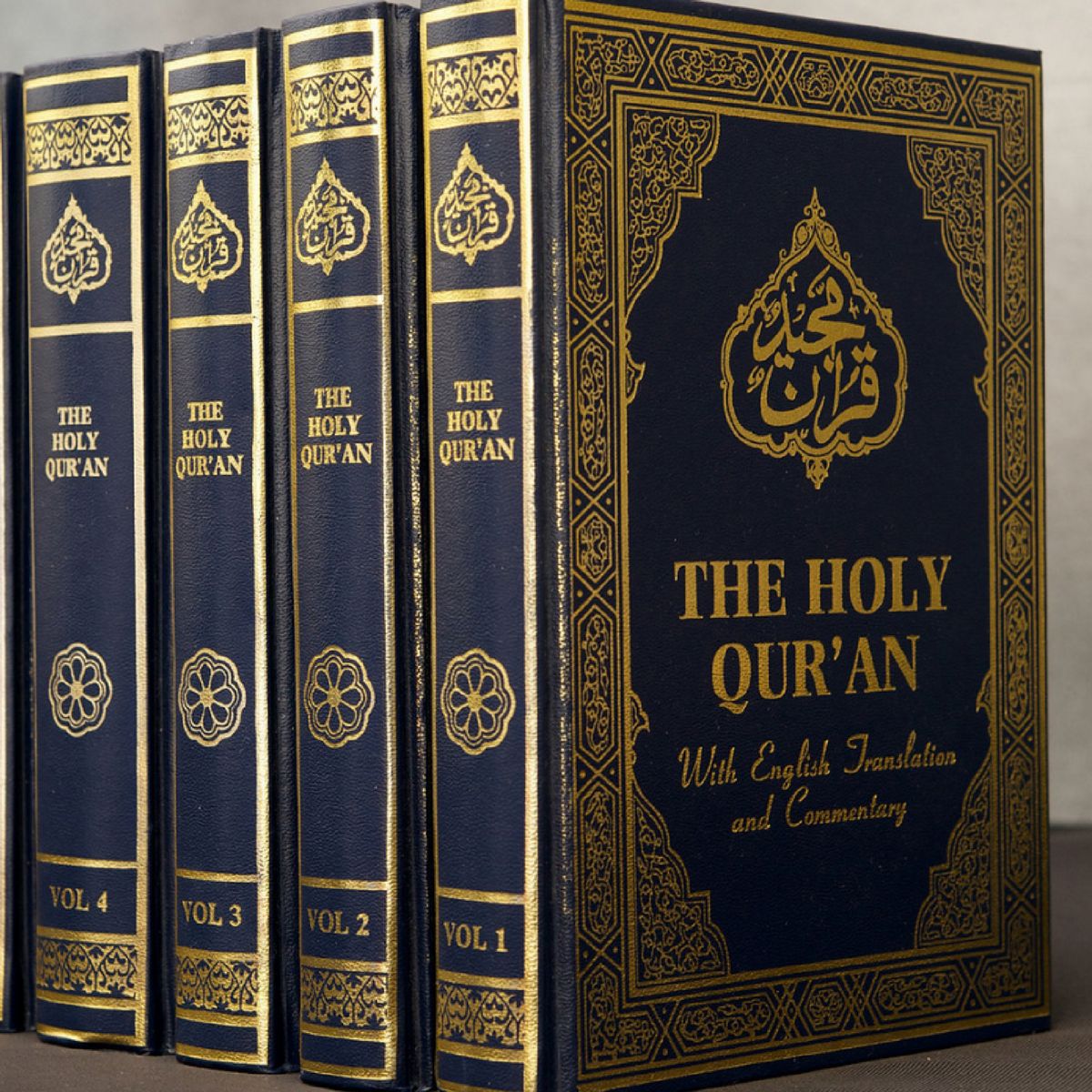
WHAT IS RAMADAN?
Ramadan is the ninth lunar month of the Islamic calendar and is the blessed month in which the Holy Qur’an was revealed to the Holy Prophet Muhammad (peace and blessings of Allah be upon him). Subject to the permissible exemptions, every adult Muslim is required to fast during the month of Ramadan.
As the lunar year is shorter by about eleven days than the solar year, Ramadan rotates through the year and the seasons, arriving eleven days earlier every year. Thus in every part of the world, it progresses through every season in turn.
In 2015 Ramadan will be from 19 June – 18 July. In some parts of the world such as the UK, when Ramadan falls in the summer season, not only are days longer than in the winter but the fast entails additional hardship on account of the heat, and the length of the fast, as normal occupations and pursuits have to be carried on during the month. The fast is, however, in no sense a penance. It is a physical, moral and spiritual discipline, and the object is the promotion of righteousness.
The fast seeks to promote physical, moral and spiritual values and whilst fasting the worshipper is drawn to thank God for His favours and bounties.
The period of the daily fast extends from the first flush of dawn normally about an hour and a quarter before sunrise, till after sunset. During this period neither food nor drink or nourishment may be pass through the lips of a person who is observing the fast. The fast may, however, be discontinued in case of emergency and would be terminated if the person observing the fast becomes sick. The fast ends at sunset.
The True Purpose of Ramadan
The month of Ramadan is more than just about fasting – it is a period of improving one’s sense of steadfastness, forbearance and gratitude.
It brings home to the well-to-do sector of society the meaning of hunger and thirst. Adversity and hardship becomes an experience shared in common with all. The awareness that a large number of their fellow beings have to go hungry most of the time is sharpened and there is great eagerness to share with them the bounties that God has, of His grace, bestowed on them.
Ramadan draws people closer to God. Though normal pursuits and occupations are carried on as usual, the emphasis on moral and spiritual values and concentration on them are intensified, and everything is subordinated to the main purpose.
The hearing, the sight, the tongue, the mind are all under stricter control. For instance, not only vain talk, but much talk is also avoided, so that there should be greater concentration on remembrance of God and reflection upon His attributes.
The Holy Prophet (peace and blessings of Allah be upon him) said: `He who abstains from food and drink during the period of the fast but does not restrain himself from uttering a falsehood starves himself to no purpose.’
It is related of the Holy Prophet Muhammad (peace and blessings of Allah be upon him) that during Ramadan, the Prophet’s own concern for and care of the poor, the needy, the sick and the orphan was intensified manifold, and that his charity knew no limit.
Ramadan and The Holy Qur’an
The recitation and study of the Holy Qur’an takes up a greater part of the time during Ramadan. Scholars give discourses on the Holy Qur’an throughout the month.
Special voluntary prayers during the latter part of the night are deemed obligatory during Ramadan and these prayers are often led by an Imam who is Hafiz, ie one who has learnt the whole Qur’an by heart. During this prayer service, the recitation from the Qur’an is made in sequence and the recitation of the whole of the Qur’an is completed during Ramadan.
The month of Ramadan, terminates with the appearance of the new moon. The new moon may be visible after sunset of the twenty-ninth day of the fast, but if not the fast must be continued the next day, thus making a total of thirty days during the month.
The day following the last day of Ramadan, determined as above, is observed as the Festival of Eid – that marks the end of the blessed month of Ramadan.




